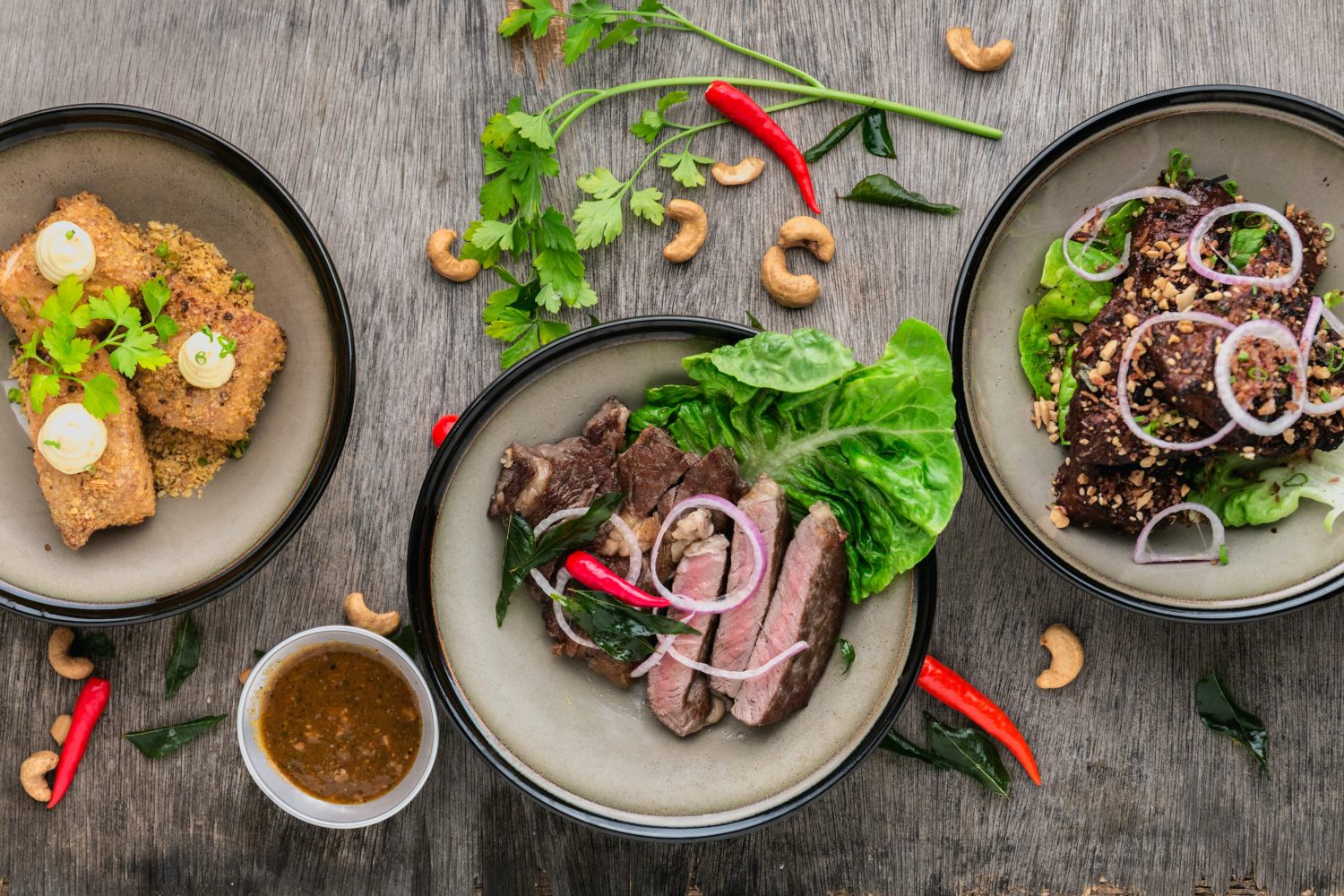Nutrition is a fundamental aspect of human health, impacting not just physical vitality but also the capacity to handle stress and anxiety. The sustenance individuals receive from food is pivotal, providing energy and delivering vital nutrients that bolster mental and emotional stability. This discussion delves into the significance of nutrition in mitigating stress and outlines dietary approaches conducive to lessening stress and anxiety.
The Gut-Brain Axis
The gut-brain axis encapsulates the complex communication network linking the gastrointestinal tract and the brain. Current studies posit that the gut microbiome, consisting of countless bacteria within the digestive system, exerts a profound effect on mental health and stress modulation. The microbiome synthesizes neurotransmitters like serotonin and GABA, which are instrumental in mood and anxiety regulation.
For a flourishing gut microbiome, diets should be replete with fiber, prebiotics, and probiotics. Fiber sources include whole grains, fruits, vegetables, and legumes, which serve as sustenance for gut bacteria. Prebiotics like garlic, onions, and asparagus promote the proliferation of these bacteria. Probiotics, found in fermented foods such as yogurt, sauerkraut, and kimchi, aid in maintaining and diversifying the gut microbiome.
Nutritional Elements for Stress Alleviation
Certain nutrients are known for their soothing effects on the body, aiding in stress and anxiety reduction. Incorporating these into one’s diet can enhance mental health.
- Omega-3 Fatty Acids: These fatty acids, especially EPA and DHA, possess anti-inflammatory capabilities and modulate neurotransmitter activity. They are present in fatty fish, walnuts, flaxseeds, and chia seeds, and can dampen inflammation while promoting brain health.
- B Vitamins: B6, B9 (folate), and B12 are crucial for synthesizing neurotransmitters like serotonin and dopamine that regulate mood. Leafy greens, legumes, whole grains, eggs, and lean meats are rich in B vitamins and can support the nervous system and stress management.
- Magnesium: This mineral is vital for the body’s stress response, aiding in muscle relaxation, improved sleep, and neurotransmitter function. Magnesium-rich foods include leafy greens, nuts, seeds, whole grains, and dark chocolate, which can help in stress reduction and relaxation.
- Vitamin C: As an antioxidant, vitamin C shields the body from oxidative stress and aids in neurotransmitter production. Citrus fruits, berries, kiwi, bell peppers, and greens are excellent vitamin C sources, bolstering the immune system and mitigating stress impacts.
A good source of B Vitamins and Magnesium is Purium’s Power Shake.
Advocating a Balanced Diet
While certain nutrients positively affect stress relief, it is crucial to maintain a balanced diet encompassing a variety of fruits, vegetables, whole grains, lean proteins, and healthy fats. Minimizing processed foods, sugary treats, and caffeine can help stabilize blood sugar and avert mood fluctuations.
Heeding the body’s hunger and satiety signals is vital. Resorting to unhealthy foods for solace during stressful times can perpetuate a cycle of suboptimal nutrition and heightened stress. Instead, prioritizing nourishing foods that supply consistent energy is recommended to support mental well-being.
Hydration’s Role in Stress Reduction
Hydration is a critical, yet often neglected, component of mental and physical health. Dehydration can cause fatigue, irritability, and concentration challenges, aggravating stress and anxiety. It is advisable to drink sufficient water daily and limit intake of sugary drinks and excessive caffeine, which can lead to dehydration and energy imbalances.
- Healthy men should drink about 15.5 cups of water per day.
- Healthy women should drink about 11.5 cups of water per day.
How much you water need to drink can depend on a variety of factors: outside temperature, activity level and medications. Some simple signs of dehydration to watch out for are: dark urine, weakness, low blood pressure, dizziness or confusion.
Personalized Nutritional Strategies
Nutritional needs are individualized, and what is effective for one may not be for another. Consulting healthcare professionals or registered dietitians is recommended to tailor a nutrition and stress reduction plan. They can evaluate personal needs, offer tailored advice, and assist in creating a comprehensive diet that supports overall health.
Embracing a balanced diet rich in essential nutrients, nurturing a healthy gut microbiome, and ensuring adequate hydration are all integral to managing stress and anxiety. By fueling the body with appropriate foods, individuals can bolster their mental health, diminish stress levels, and improve their general well-being. Remember, even minor dietary adjustments can significantly influence one’s capability to cope with stress and anxiety.
READ MORE: Top 15 Health Benefits Of Chia Seeds
Sources:
https://www.health.harvard.edu/staying-healthy/how-much-water-should-you-drink
https://www.ncbi.nlm.nih.gov/pmc/articles/PMC6770181/
https://wellself.com/identifying-signs-of-a-panic-attack/









